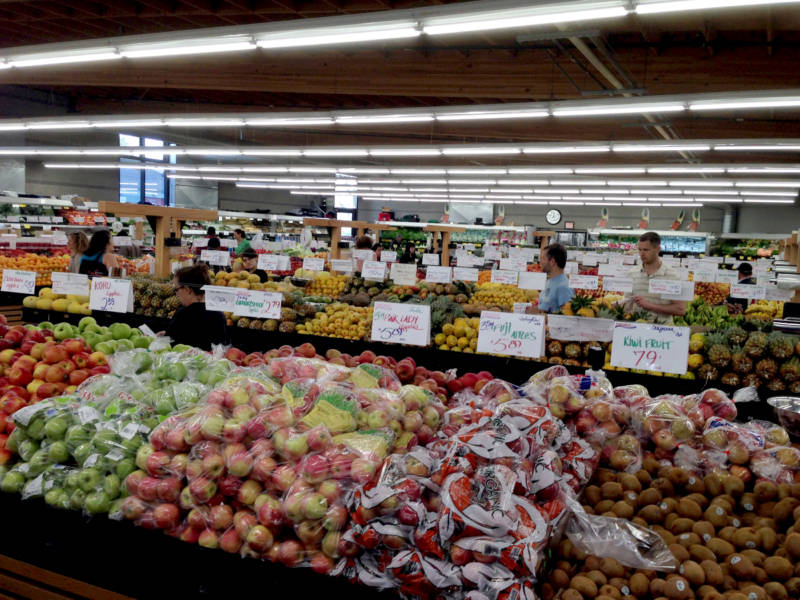When asked whether the person went elsewhere in Berkeley while they were infected, Hernandez said the investigation identified Berkeley Bowl as the only relevant location. She said no further information will be released about the infected person’s identity.
Berkeley Bowl has been notified about the case, and the store is perfectly safe to enter now, said Matthai Chakko, a spokesman for the city.
Measles is an extremely contagious airborne virus. The disease is at a 25-year high across the country, but this is Berkeley’s first recently documented case.
The outbreaks have prompted concerns about those who have not received the measles, mumps and rubella (MMR) vaccine, which is typically given to young children in two doses.
“This effective and easy protection is important because the virus itself is easily transmitted: an infected person’s cough or sneeze can linger in the air for up to an hour – at which point the risk dissipates,” the city said in a news release Friday.
California children are required to get vaccinated before they turn five, but until recently there were exemptions for families whose personal belief systems prohibited vaccination.
Medical exemptions are still granted, and the number of children who receive them has grown since the personal-belief exemption was eliminated. Proposed state legislation, Senate Bill 276, would require stronger state oversight and documentation of those medical exemptions. The Berkeley School Board passed a resolution this month supporting the bill.
A small Berkeley private school, Berkeley Rose Waldorf School, had one of the lowest kindergarten immunization rates in the Bay Area in 2017-18, with just 29% of those students vaccinated (some might not yet have reached the cut-off age for mandatory vaccines when that data was reported).
Initial symptoms, which appear one to three weeks after exposure, include runny noses, red eyes, coughs and fevers, said the city news release. After that, the signature measles rash typically starts on the face and spreads elsewhere.
“If you have concerns, connect with your medical provider,” Hernandez said, adding that those experiencing potential symptoms should notify their providers before showing up in person.
This story was first published by Berkeleyside on Friday, May 17.
